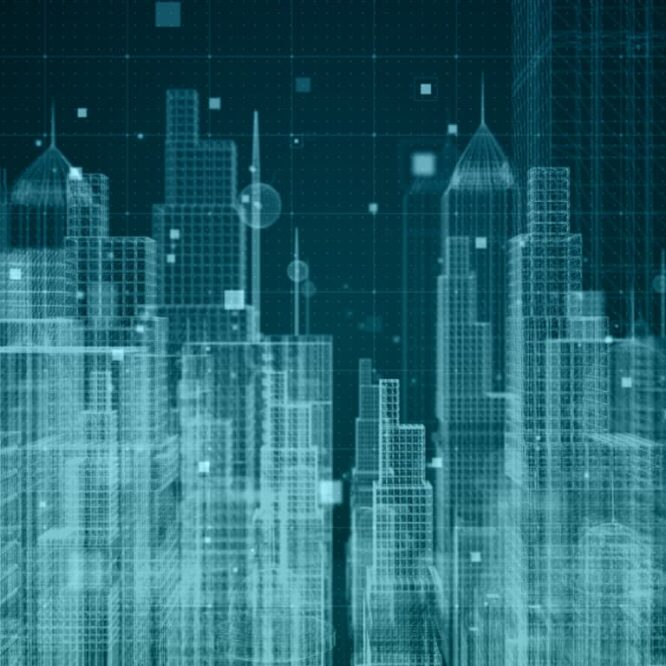The rise of AI and machine learning in the modern world has been a topic scrutinized and hotly debated for decades, ever since its initial introduction to the global workforce. With endless potential and many practical and ethical questions posed, machine learning and AI has opened new doors in every industry it interacts with, raising our production and expectations to a whole new level.
This fact is just as true when it comes to the construction industry, especially in Canada. As the fields of architecture, design, and construction continue to evolve and adapt to the newest practices and technologies, so do the potential benefits of these systems to raise these industries to new heights.
What is Machine Learning, and How Does AI Factor in?
AI (Artificial Intelligence) is so widely relied upon in our modern world that it can be difficult to find an industry without any of its influence. This is especially true of the construction industry in Canada. At its core, AI refers to training a machine to learn and reflect the cognitive abilities of the human mind, rendering it an expert in fields such as pattern recognition and problem resolution. Meanwhile, the term “machine learning” encompasses the subset of AI which perfects the ability of computers to digest information in order to create original insight.
When it comes to the construction industry, these tools are able to contribute valuable skills such as tracking schedules and analyzing risks, as well as point out potential blind spots in a plan that human eyes may otherwise have overlooked. AI and its machines are able to monitor anything from issues with project deadlines to the likelihood of many external interruptions, such as climate catastrophes. Their involvement in the construction process makes the overall process much more smooth, and allows for more time and care to be put into the quality of the craft.
The Values of Implementing Machine Learning and AI in Construction
The potential and values of implementing AI systems and machine learning in the construction industry are vast. From design maintenance to human intervention, these systems are able to improve the quality and efficiency of projects at a scale previously unheard of.
One of the major benefits of these systems is their ability to mitigate risk, prevent cost overruns, and analyze data, enabling them to optimize project planning along the way. In addition, they are able to enhance the design process through their connection to the fields of 3D modeling and rendering software. These benefits are crucial to the reliability and success of any project. In addition, AI and machine learning can provide major improvements to job safety expectations and off-site work capability, as well as assist in cases of labor shortages.
As a veteran of the construction industry and its strengths and limitations, Simion Kronenfeld understands the irrefutable value of incorporating AI and machine learning into his projects..

The Future of the Construction Industry in Canada
Relying on technological advancements in projects crafted with a human touch results in more holistic work that resonates and leaves a positive impact in the Canadian construction industry. The shift towards the digital and the automated allows for dramatic increases in efficiency and productivity of diverse varieties of construction efforts. Introducing AI and machine learning in construction has the capability to lower building costs by up to 20 percent, and can allow for technology to achieve feats of design and labor otherwise impossible.
Simion Kronenfeld respects the astounding value of leading human effort alongside the systems of AI and machine learning in order to achieve a stronger result. His triumphs throughout his career in Canadian construction, as well as the legacy he has left behind as a way to pave the way for up and coming Canadian construction leaders, is informed by his desire to improve and his intuitiveness in each project he develops.
